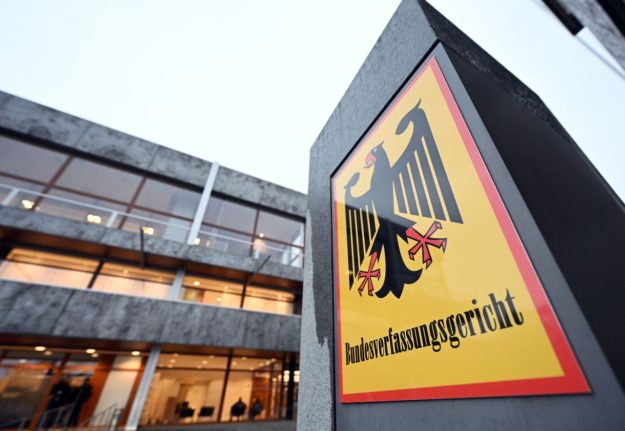“We plan to present a bill in the spring of 2010 putting stricter conditions on access to credit, including SMS loans, by requiring proof of creditworthiness,” a spokesman for the consumer affairs ministry, Yoav Bartal, told AFP.
The new lending system has enabled people usually barred from receiving loans, such as teenagers and other low- and no-income groups, to borrow cash without delay.
By sending or responding to an SMS, they can have quick cash deposited in their bank accounts.
Meanwhile the opposition Social Democrats adopted a resolution at their party convention on Friday going even further, calling for a total ban on SMS loans to children under the age of 18, including those who are solvent.
“I get messages and mails from parents almost every day to say that their children have gotten loans without really wanting them by just saying yes when they got an offer on their phones,” party member Veronica Palm said, adding that the number of indebted youths has skyrocketed in Sweden since the introduction of SMS loans in 2006.
She cited other cases of youths who “asked for (a loan) during a Friday night party when they didn’t really know what they were doing.”
The loans, which on average amount to 3,000 kronor ($425), come with average fees of 500 kronor and interest payments of 50 kronor and must be repaid at a breakneck speed of just 30 days.
The level of debt default over text message loans has soared since their introduction, with one-third belonging to people aged under 25, according to debt recovery officials.
SMS loans exist in the United States and several other European countries.


 Please whitelist us to continue reading.
Please whitelist us to continue reading.
Member comments